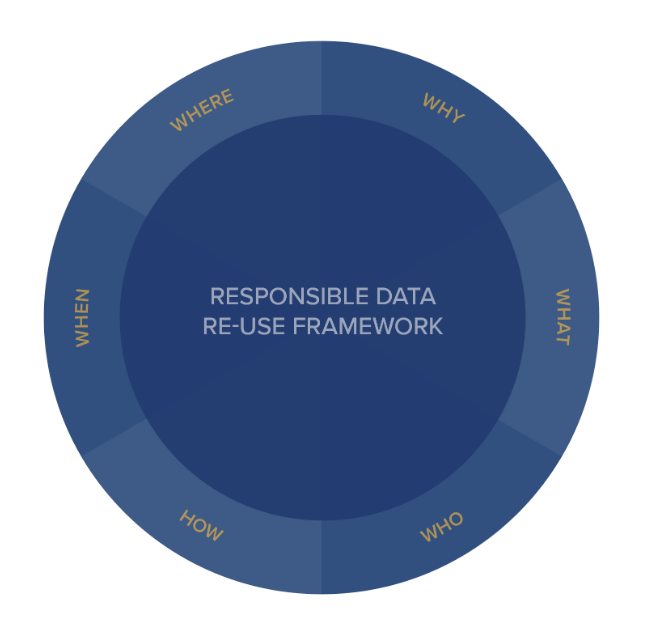The Data Assembly
The GovLab ▪ 2020 - 2021
Between 2020 and 2021, The GovLab carried out a participatory data governance process exploring the governance of data related to COVID-19 pandemic response.
The process involved Data holders and policymakers, representatives of civic rights and advocacy organizations, and New Yorkers from across the five boroughs and generated re-usable principles concerning the analysis, sharing, and re-use of data by New York City.
The process adopted a collective data governance lens and involved the following components:
Data Assembly: Mini-publics with Smarter Crowdsourcing
Three ‘mini-public’ events were held. The first two, with data holders and policy makers, and with rights groups and advocacy organisations, took place as 90 minute remote video conferences.
There were 35 participants from a target group of data holders, policy makers, rights groups and advocacy organisations, representative sample of residents (Intentional recruitment).
Participants were recruited from a representative sample selected using a methodology from the platform provider (https://www.remesh.ai/). The method to recruit other participants is not given in source documents..
Background information was given through written briefing materials (online or as handouts).
Participants were presented with three ‘Data re-use exhibits’ describing how data might be re-used.
Data Assembly Remesh: Online Survey and Polling
The data assembly held three ‘mini-public’ events with different participant groups. The residents mini-public made use of an online platform (Remesh) with a 55-strong sample of New York City residents selected using a sampling methodology provided by the paltform.
Participants were presented with poling questions, freeform text prompts, and had the ability to engage with and indicate their support for contributions from other participants.
Of particular note, the project report notes that:
“The majority of participants were not concerned about place-based data privacy and security issues. Participants were comfortable with the collection and analysis of aggregated location data drawn from potentially sensitive areas, such as protests or places of worship. This reaction differs significantly from insights drawn in both the dataholder and policymaker mini-public as well as the rights and advocacy group minipublic. This likely speaks to the composition of the mini-public, which was diverse across various criteria outlined above, but likely did not include a large number of individuals with specific sensitivities related to, for example, political activism or religious sensitivities.”
There were 55 participants from a target group of representative sample of New York City residents (Intentional recruitment).
Participants were recruited through the remesh.ai platform.
Background information was given through written briefing materials (online or as handouts).
Participants were presented with three ‘Data re-use exhibits’ describing how data might be re-used.
Data Assembly Townhall
The findings from the Data Assembly report were presented back to a panel discussion, inviting selected community and company representatives to reflect on the findings, and the opportunities to take them forward.
